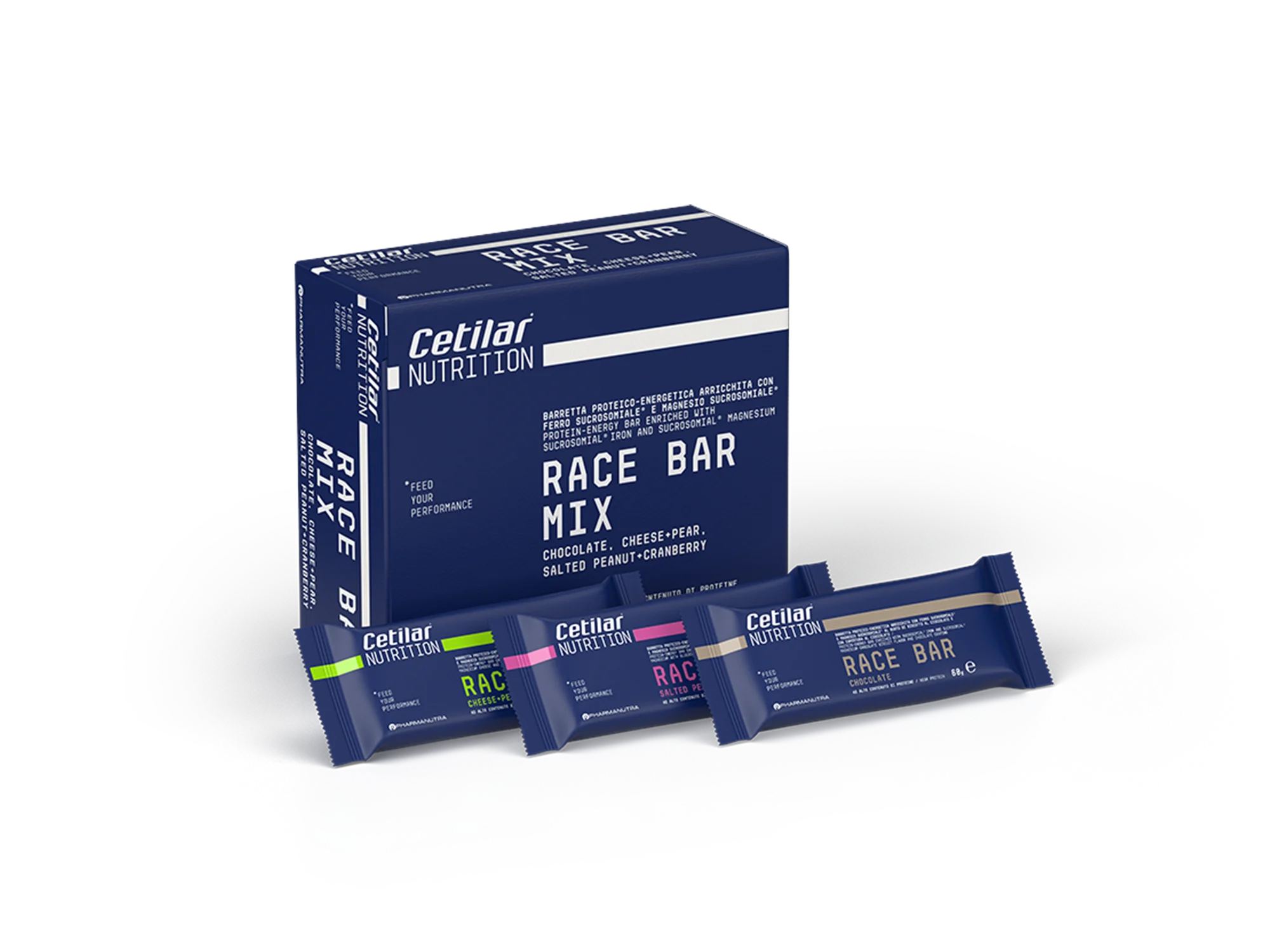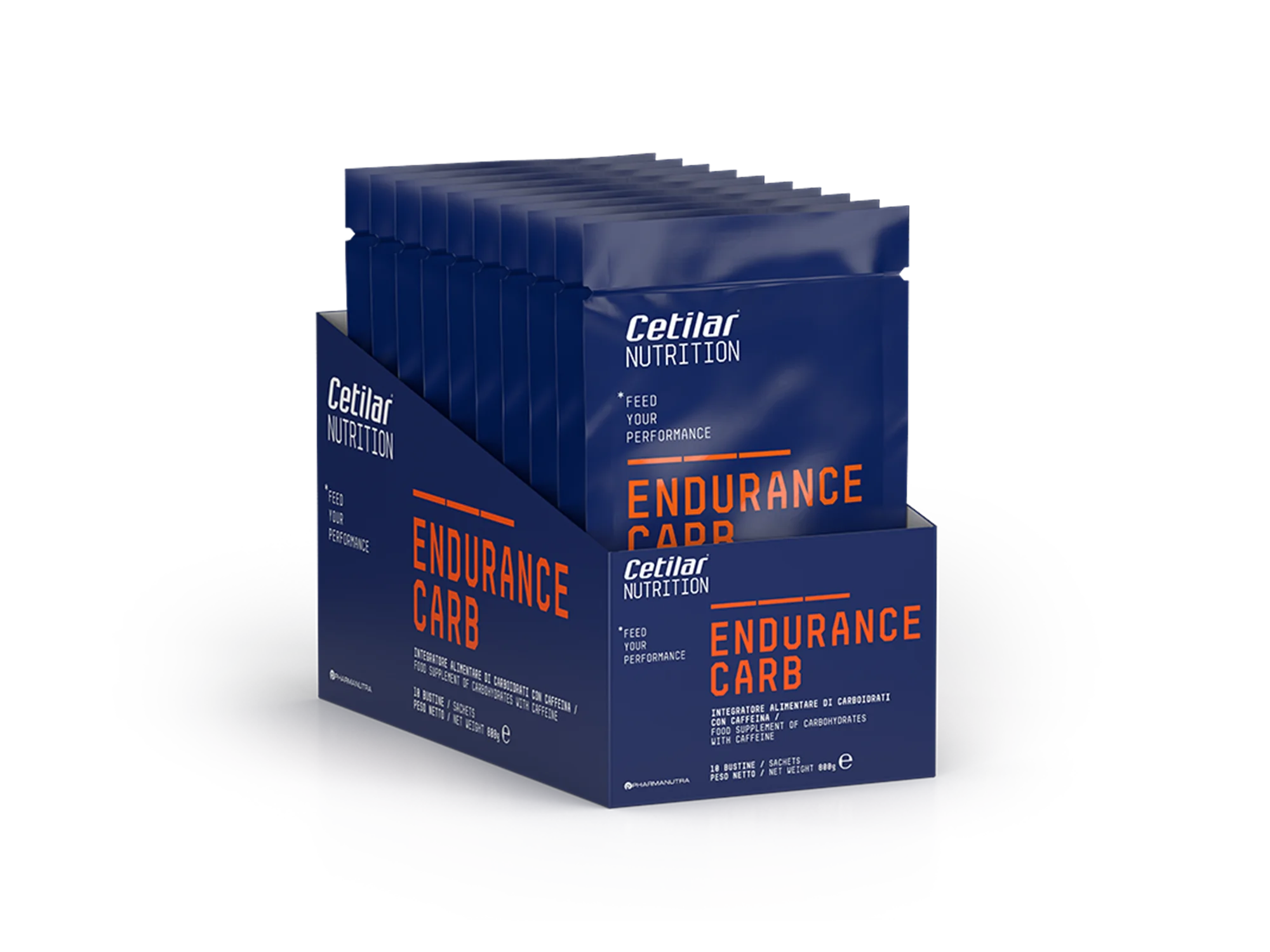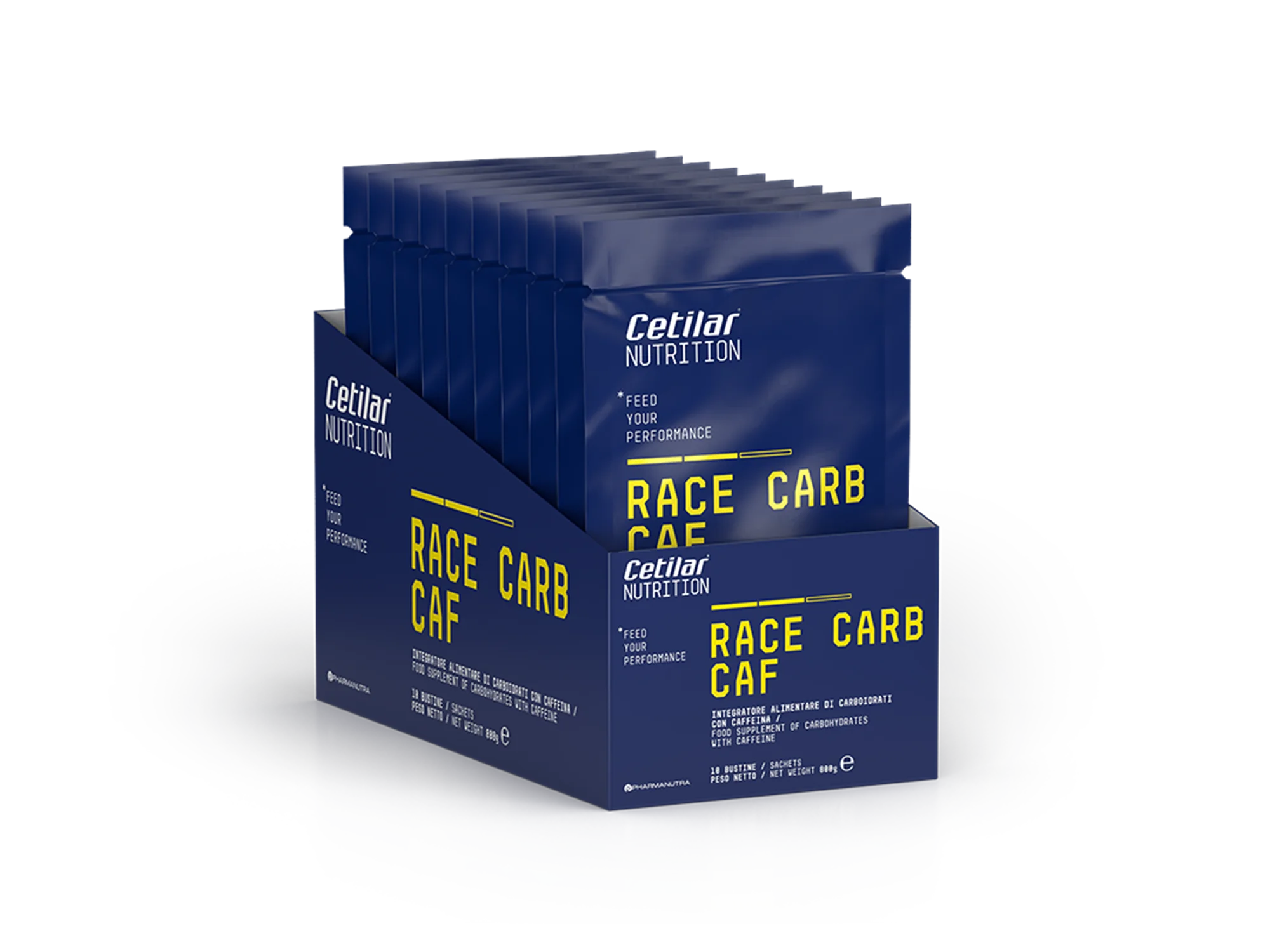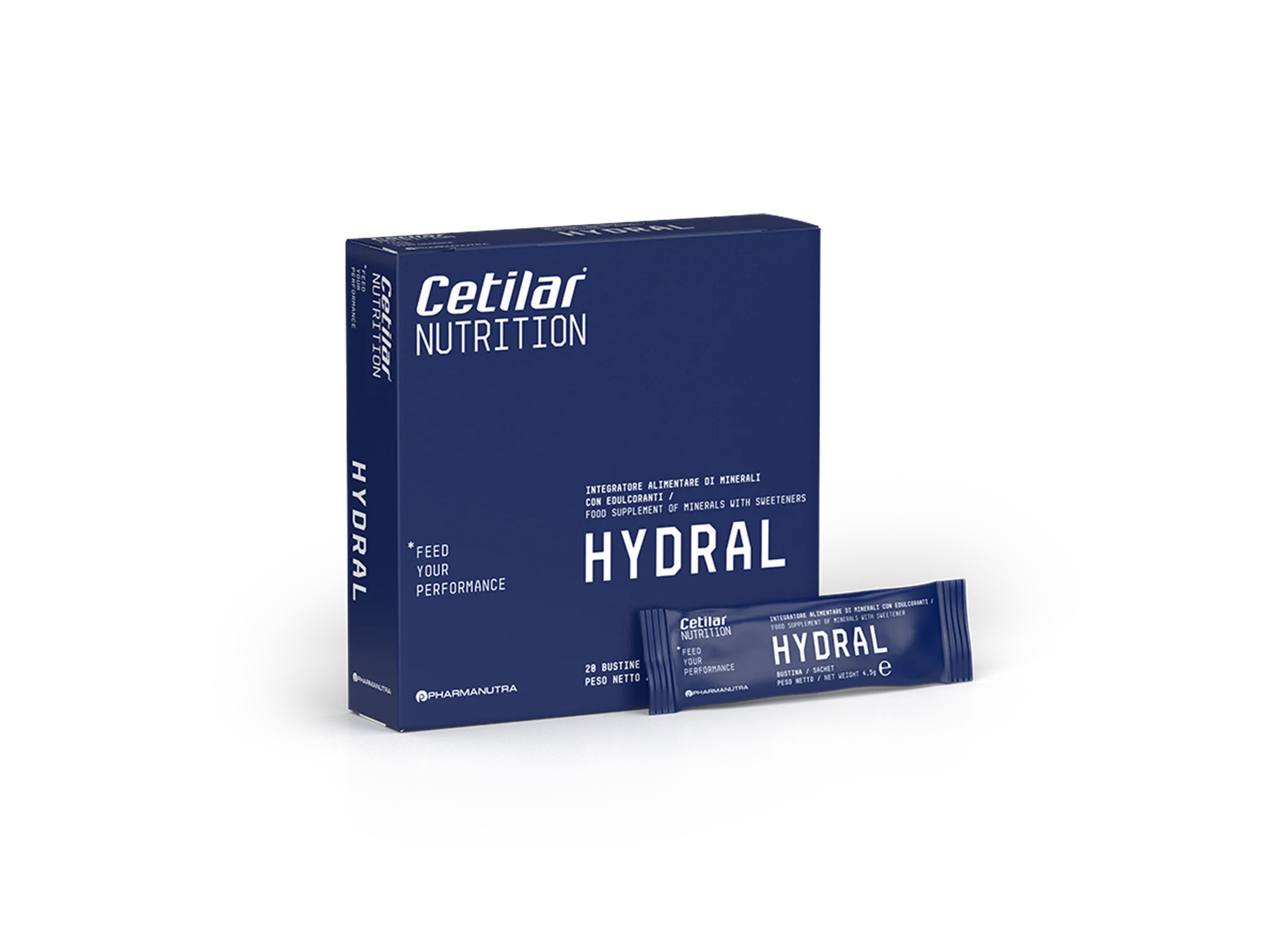Florence Marathon: how to use supplements before, during and after the marathon
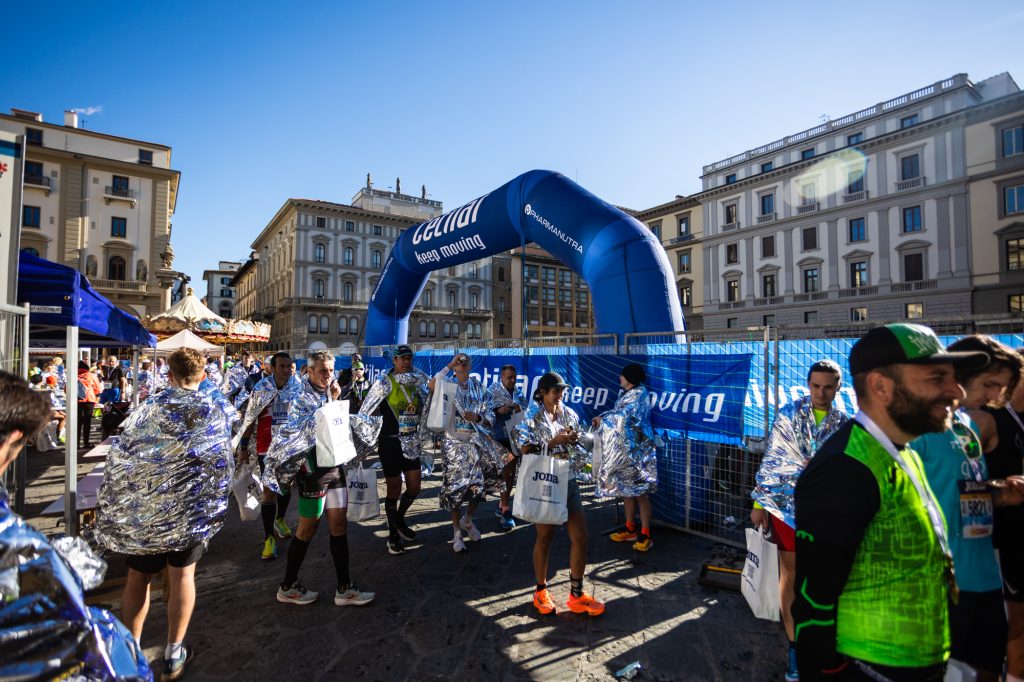
The marathon is far more than a race: the 42.195 km are the culmination of months of training, sacrifice and meticulous preparation. Preparing for a marathon is not just a matter of running, it also demands careful attention to nutrition and supplementation, which are crucial for optimising energy, endurance and recovery.
This year, the Florence Marathon marks its 40th anniversary, a milestone that imbues the event with every greater significance an promises a host surprises.
On 24 November 2024, thousands of runners will come together to experience the thrill of one of Italy’s most iconic marathons, winding through the heart of the city’s historic streets..
Once again this year, Cetilar® will be supporting athletes before, during and after the marathon. On 22 and 23 November, we will have dedicated stand in the EXPO area, located inside Stazione Leopolda.
As the big day draws near, it’s time to focus on fine-tuning your nutrition and supplementation plan to tackle the 42 km. A targeted approach can make the difference between crossing the finish line at the top of your game or succumbing to energy depletion and dehydration.
Let’s explore together how to optimise your preparation, taking a careful look at the key moments before, during and after the marathon.
- Before the marathon: build up your reserves
- During the marathon: manage your reserves
- After the marathon: rest and recover
- Extra tip for running your best 42km
Before the marathon: build up your reserves
1. Carbohydrate loading
During a marathon, the body primarily draws its energy from carbohydrates stored as glycogen in the muscles and liver. To maximize these reserves, it’s essential to follow a gradual “carbohydrate loading” strategy in the 5-7 days leading up to the race:
- Reduce the training load: a lighter week of training allows you to accumulate glycogen without overloading the body.
- Consume 5-7 g of carbohydrates per kg of body weight each day: focus on complex carbohydrates (such as pasta, rice and potatoes) that provide a steady and sustained source of energy.
- Avoid last-minute changes: stick to foods that you have already tested during training to minimise the risk of gastrointestinal issues.
2. Pre-race dinner
Choose easily digestible carbs, lean protein (like chicken or turkey), and keep fat and fibre to a minimum. For example, have some white rice with a drizzle of olive oil and a serving of chicken breast to avoid any digestive issues.
3. Pre-marathon breakfast
It is recommended to have breakfast at least three hours before the race. Stick to familiar, easily digestible carbohydrates that you’ve already tested during training, such as cereal, dry biscuits or rusks, and fresh or dried fruit. If there is a long gap between breakfast and race time, a light snack a couple of hours before the start is fine.
About 90 minutes before the marathon, you may want to top up with slow-release carbs, such as maltodextrins, fructose and isotonic drinks, to give you a final energy boost, maintain steady fuel, and ensure optimal hydration.
Our advice: dissolve one sachet of Ultrarace Carb and one stick of Hydrate Fast in a 650 ml flask of water. Sip 200 ml every 20 minutes before the race. Pair this with a packet of Race Carb Gel.
During the marathon: manage your reserves
Running a marathon is all about balance: keeping your energy steady and staying hydrated are key to finishing strong. Here’s how to do it:
- Carbs every 40-60 minutes: aim for 30-40 g of carbohydrates per hour, such as gel supplements. This constant energy boost will help you maintain your pace and fend off fatigue. Be sure to drink a small sip of water with the gel to enhance absorption and reduce the risk of stomach discomfort.
- Electrolytes to prevent cramps: as you sweat, you lose important minerals like sodium, potassium and magnesium. Starting around the 20km mark, replenish these with hypotonic drinks or rehydration sticks to keep your electrolyte balance in check. This is crucial for preventing cramps and ensuring your muscles keep functioning well throughout the race.
- Final boost with caffeine: in the last 5 km, when mental fatigue sets in alongside physical exhaustion, a caffeine-infused gel can provide a crucial pick-me-up. This boost sharpens your focus and helps you maintain a consistent pace as you head towards the finish line. Be sure to try this strategy during training to avoid any surprises on race day.
Our advice: for carbohydrate replenishment use Race Carb Caf Gel (up to three gels) and make up the rest with Race Carb Gel. Aim for a total of 6-7 gels in total over the course of the 42.195 km.
When needed, turn to our protein-energy bars: each 60 g bar offers a convenient single serving, easily digestible with quick absorption of iron and magnesium, thanks to Sucrosomial® Technology.
After the marathon: rest and recover
The recovery phase is the first step towards reaching your next goal. A well-planned strategy can speed up muscle recovery and restore your energy balance.
- Within 30 minutes of finishing: this is the critical window to start your recovery. Aim for a combination of high-GI carbohydrates (1-1.5 g per kg of body weight) and quality protein (20-30 g). A drink made with maltodextrin and whey protein is especially effective for replenishing muscle glycogen and kickstarting tissue repair.
- Post-race meal: about 1-2 hours after the race, have a balanced meal featuring complex carbs (like rice or potatoes), lean protein (such as chicken, turkey, or fish), and vegetables to replenish vitamins and minerals. This will help reduce muscle inflammation and support immune function.
- Ongoing hydration: in the hours following the race, continue to rehydrate, preferably with water enriched with minerals or specialized recovery drinks to restore lost fluids.
Our advice: dissolve a sachet of Recovery Pro in a shaker (if you don’t like the taste, you can add some dark cocoa powder or water-soluble coffee) of water (or milk/plant-based drinks) and drink it within an hour of finishing the race.
Extra tip for running your best 42km
Always test your supplement strategy during long training runs. Every athlete is different, and experimentation is the only way to find the perfect plan to optimise your performance.
The Florence Marathon 2024 is just around the corner so lace up your shoes, follow our supplementation plan, and enjoy the unique thrill of the marathon with Cetilar® by your side!
